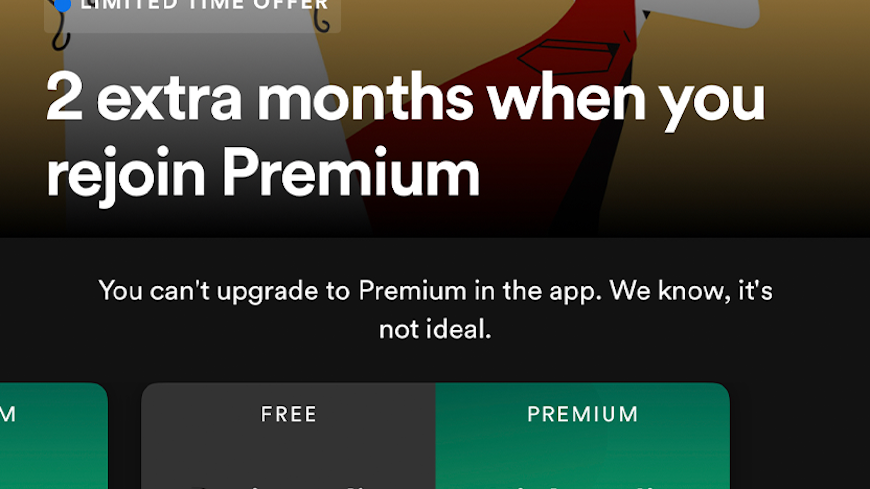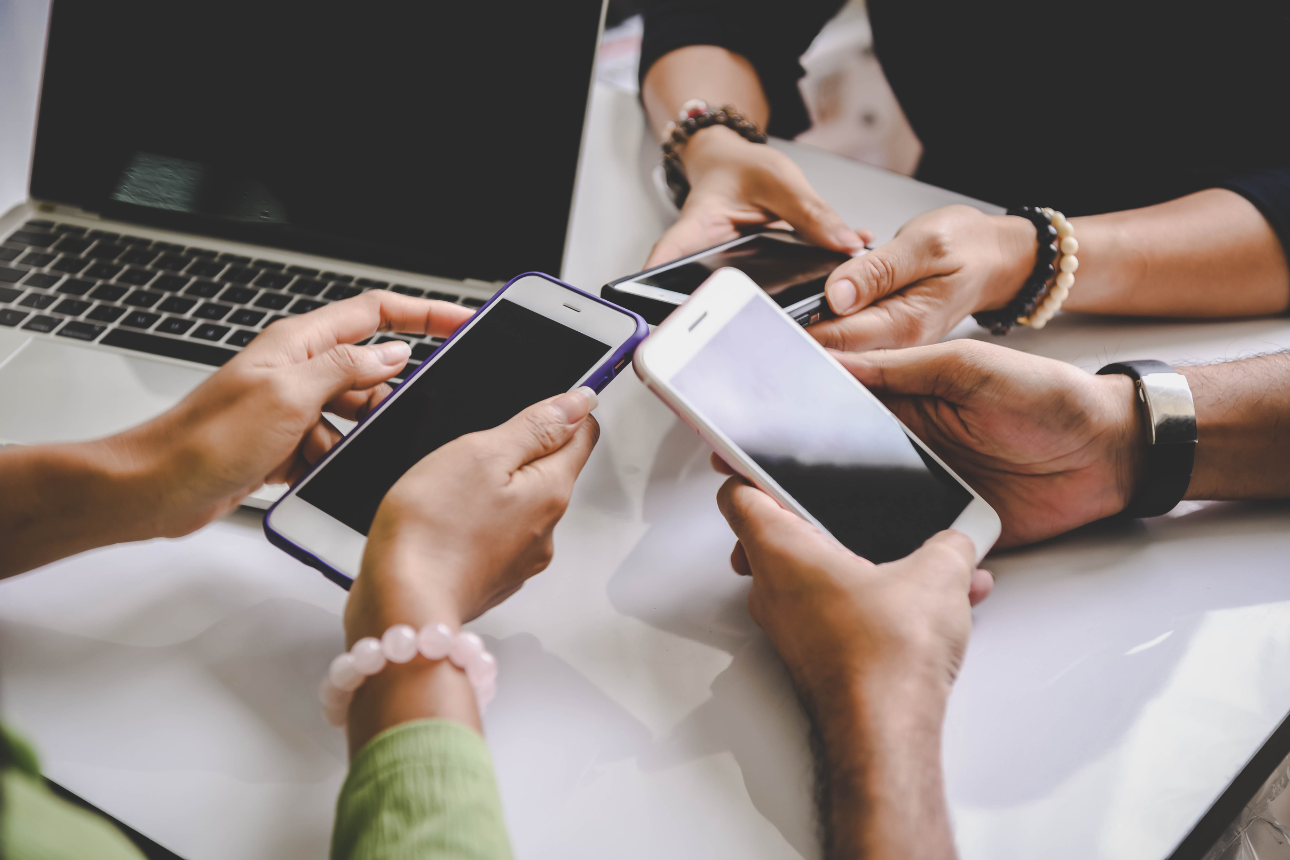
By Nick Gelling
Product Test Journalist | Kaipūrongo Whakamātautau Hautaonga
The “anti-steering provisions” in the App Store need to change, according to a ruling from a US court last week.
The rules prevent apps on Apple’s store from advertising alternative ways to pay. They “hide critical information from consumers and illegally stifle consumer choice”, according to the judge.
The App Store is the only official way to install apps on an iPhone or iPad, and Apple earns a 30% commission on any money spent within an app.
Now, apps will be allowed to include buttons or links (to the developer’s website, for example) to provide users with other payment methods.
The App Store policy change has to be made in the next three months. Because it’s a global system, the effects will also be felt by Apple users (and app developers) in Aotearoa.
What does this mean for users?
Most mobile apps are free to download and make their money from users making small, in-app payments. Currently, the only official payment method for iOS users is through the App Store, which is linked to your Apple ID and credit card.

Spotify will now be able to link people directly to its website to upgrade.
With developers able to add an option to dodge Apple’s hefty commission, those transactions become better value for them. Competition between creators should result in lower prices for consumers as well.
Anyone who uses free-to-play games on an iPhone or iPad will notice a change when the rules take effect. You can expect to see more links to external stores where you can buy in-game content, such as currencies or new characters.
But it’s not just games on the App Store. Spotify’s iOS app, for example, has the following message when you try to upgrade from a free membership to premium:
“You can’t upgrade to Premium in the app. We know, it’s not ideal.”
If Spotify allowed upgrades through the app, it’d have to pay Apple’s commission, adding a few dollars to users’ subscriptions per month. But Apple’s current policies prevent Spotify from explicitly directing people to spotify.com, hence the awkward half-explanation. The result isn’t good for anyone, especially the confused consumer.
Now, Spotify will be able to link people directly to its website to upgrade, as will many others. Subscribing to non-Apple services on your iPhone is about to get a whole lot easier. However, you’ll need to be on guard against malicious websites whenever you’re not within Apple’s secure payment system.
Why did this happen?
Epic Games is the creator of Fortnite, one of the most-played video games in the world (if you don’t know what it is, ask anyone below the age of 18). In August 2020, Epic added direct in-game purchases to Fortnite’s app, flouting the mandatory App Store payment system and Apple’s 30% markup. The move drew ire from Apple, prompting Fortnite’s removal from the store.
In retaliation, Epic brought the antitrust suit against Apple. The lawsuit alleged that Apple held an illegal monopoly with its App Store, because there was no way for consumers to pay for apps on the iPhone without a commission going to Apple.
After a month-long trial and three months of deliberation, the District Court of Northern California ruled that Apple doesn’t hold a monopoly, but its anti-steering policy is anticompetitive.
How are the companies reacting?
Apple is upbeat about the judge’s ruling. The case was much wider (and potentially damaging) than the anti-steering issue, and Apple is relieved that the other 90% of the verdict went its way. Still, revenue from the App Store is one of Apple’s largest cashflows. It has a tight grip on the “walled garden” of apps on iOS, and won’t want to let that slip.
Epic, on the other hand, is disappointed enough to appeal the result, which means the case will escalate to the Court of Appeals. It’s unclear whether Fortnite will return to the App Store. Being able to link to a cheaper store on its website isn’t enough – Epic wants to be allowed to actually integrate its payment system in the app.
Today’s ruling isn't a win for developers or for consumers. Epic is fighting for fair competition among in-app payment methods and app stores for a billion consumers. https://t.co/cGTBxThnsP
— Tim Sweeney (@TimSweeneyEpic) September 10, 2021



